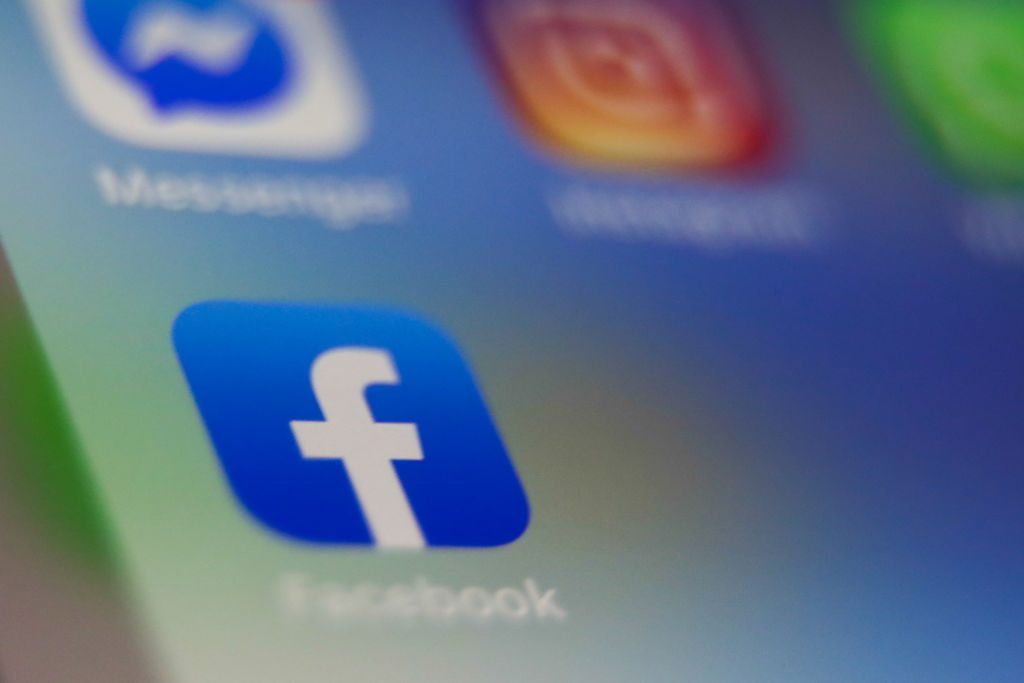
netchoice sues virginia to block its one-hour NetChoice, a prominent tech industry trade group, has initiated legal action against the state of Virginia in response to a newly enacted law that limits minors’ social media usage to just one hour per day.
netchoice sues virginia to block its one-hour
Overview of the Legislation
The legislation in question, known as SB 854, was signed into law by Virginia Governor Glenn Youngkin in May 2023 and is scheduled to take effect on January 1, 2026. This law mandates that social media platforms must restrict access for users under the age of 16 to one hour of usage per day unless explicit permission is granted by a parent or guardian. The law aims to address concerns regarding minors’ mental health and online safety, reflecting a growing trend among states to regulate social media usage among younger audiences.
Legal Grounds for the Lawsuit
NetChoice’s lawsuit, filed on Monday, argues that the new law infringes upon the First Amendment rights of Virginians by imposing “unlawful barriers on how and when all Virginians can access free speech online.” The organization contends that the law not only restricts access to legal speech but also imposes undue burdens on social media platforms to verify user ages, which could lead to significant privacy and security risks.
According to NetChoice, the law’s requirement for age verification could compel platforms to adopt intrusive measures that may compromise user privacy. The law specifies that platforms must utilize “commercially reasonable methods” for age verification, which could include prompting users to enter their birth dates. However, the organization warns that this vague language could lead to more stringent requirements, such as the submission of government-issued identification or other sensitive personal information.
Concerns Over Privacy and Security
The implications of such data collection practices are concerning, especially in light of recent incidents involving data breaches. For instance, Discord, a popular communication platform, disclosed last month that approximately 70,000 users may have had their government IDs exposed during a customer service data breach related to age verification appeals. This incident underscores the potential risks associated with requiring users to submit sensitive information, particularly for minors.
The Broader Context of Social Media Regulation
NetChoice is not alone in its opposition to the Virginia law. The organization is backed by several major tech companies, including Meta, Google, Amazon, Reddit, and Discord. These companies have previously expressed concerns about the implications of age verification laws and similar regulations across various states. NetChoice has successfully challenged similar legislation in other states, arguing that such laws impose unreasonable restrictions on free speech and access to information.
The Virginia law stands out as the first to impose a strict time limit on minors’ social media usage, setting a precedent that could influence similar legislative efforts in other states. Virginia’s approach aligns with a growing trend among lawmakers to regulate social media platforms in the name of protecting children. However, critics argue that such measures may do more harm than good by limiting access to valuable resources and information.
Comparative Legislation in Other States
Virginia is not the only state grappling with the challenges of regulating social media usage among minors. Several other states have enacted or proposed laws requiring age verification for access to adult content, including pornography. These laws aim to protect minors from exposure to inappropriate material but raise similar concerns regarding privacy and the feasibility of effective age verification.
For example, states like Utah and Arkansas have implemented laws mandating age verification for adult websites, requiring platforms to take steps to ensure that users are of legal age. While these laws are intended to safeguard minors, they also place significant burdens on platforms, which must navigate the complexities of user verification while maintaining user privacy and security.
Implications for Parents and Minors
One of the central arguments put forth by NetChoice is that the responsibility of monitoring minors’ social media usage should rest with parents, not the government. Paul Taske, co-director of the NetChoice Litigation Center, emphasized this point, stating, “Virginia must leave the parenting decisions where they belong: with parents.” He argues that by asserting authority over how minors engage with social media, the state infringes upon the rights of parents to make decisions regarding their children’s online activities.
Moreover, the law’s restrictions could inadvertently limit minors’ access to educational resources and social interactions that are increasingly conducted online. In a digital age where social media serves as a primary means of communication and information sharing, restricting access could hinder minors’ ability to engage with peers and access valuable learning opportunities.
Stakeholder Reactions
The reaction to the Virginia law has been mixed, with some parents and advocacy groups supporting the initiative as a necessary step to protect children from the potential harms of social media. They argue that limiting screen time can contribute to better mental health outcomes and reduce exposure to harmful content. However, opponents, including NetChoice and various tech companies, warn that such measures could lead to unintended consequences that ultimately undermine the very goals they seek to achieve.
Critics of the law also point out that it may disproportionately affect low-income families who may not have the resources to monitor their children’s online activities effectively. In an increasingly digital world, access to technology and the internet is essential for educational success, and restrictions on social media usage could exacerbate existing inequalities.
Looking Ahead
The outcome of NetChoice’s lawsuit against Virginia could have significant implications for the future of social media regulation in the United States. If the court rules in favor of NetChoice, it may set a precedent that could challenge similar laws in other states, potentially curtailing the growing trend of government intervention in minors’ online activities.
Conversely, if the court upholds the Virginia law, it could pave the way for more states to adopt similar measures, further complicating the landscape of social media regulation. As the debate over the appropriate role of government in regulating online behavior continues, the balance between protecting minors and preserving free speech rights remains a contentious issue.
Conclusion
The legal battle between NetChoice and the state of Virginia highlights the complex interplay between technology, regulation, and individual rights. As lawmakers grapple with the challenges posed by social media, the implications of their decisions will resonate far beyond the borders of Virginia, shaping the future of online engagement for generations to come. The outcome of this lawsuit will not only impact the tech industry but also influence how parents, minors, and society at large navigate the digital landscape.
Source: Original report
Was this helpful?
Last Modified: November 18, 2025 at 2:37 am
8 views















